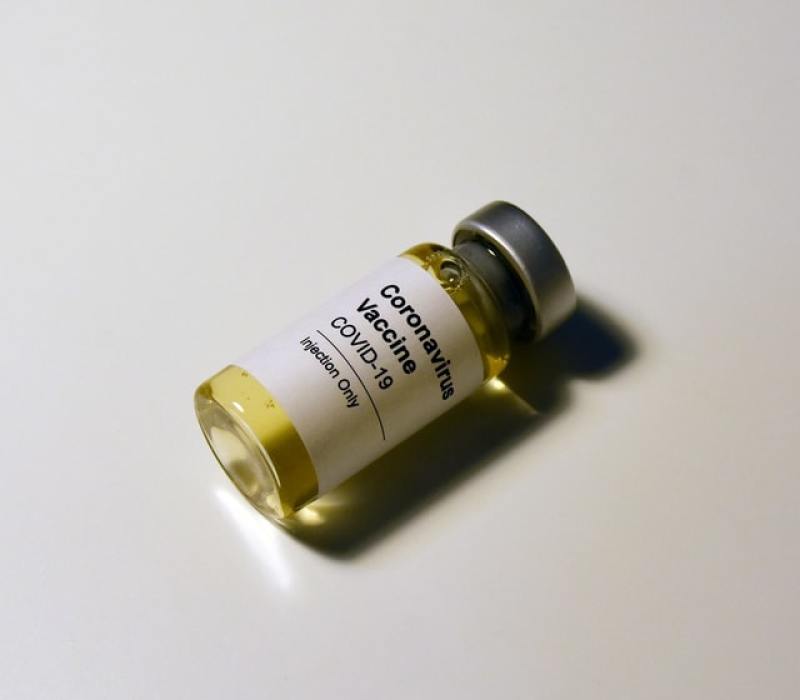
U.S.-based vaccine company Merck announced on Jan. 25 that they will stop developing vaccines for the 2019 novel coronavirus since natural infections are better than vaccines in producing results leading to herd immunity.
Merck, or MSD outside of the United States and Canada, announced on the 25th of January that they will discontinue any further developments on their SARS-CoV-2/COVID-19 vaccine candidates, V590 and V591, and instead plans to focus its SARS-CoV-2/COVID-19 research strategy and production capabilities on advancing two therapeutic candidates, MK-4482 and MK-7110, as written on their website.
The decision was made based on the results gathered on the phase 1 clinical studies of the vaccine. The studies showed that both V590 and V591 were generally well tolerated, although its results were inferior to those seen following natural infection and those reported for other SARS-CoV-2/COVID-19 vaccines.
These findings are in conjunction with the words of the Great Barrington Declaration, authored by three highly qualified epidemiologists from the universities of Harvard, Oxford, and Stanford. The declaration bids an end to the widespread lockdown policies.
"(A)s immunity builds in the population, the risk of infection to all - including the vulnerable - falls." the authors wrote.
"Our goal should therefore be to minimize mortality and social harm until we reach herd immunity," they added.
Merck instead focused their resources on the development of MK-7110 and MK-4482 (molnupiravir) in collaboration with Ridgeback Bio. The MK-7110 allegedly has a "greater than 50 percent reduction in the risk of death or respiratory failure in patients hospitalized with moderate to severe COVID-19," although the full report hasn't been published yet.
"We are grateful to our collaborators who worked with us on these vaccine candidates and to the volunteers in the trials," said Dr. Dean Y. Li, president, Merck Research Laboratories. "We are resolute in our commitment to contribute to the global effort to relieve the burden of this pandemic on patients, health care systems, and communities."
As part of President Trump's Operation Warp Speed, Merck is said to receive around $356 million from the U.S. government in order to manufacture 60,000-100,000 doses of the two drugs until June 30, 2021.
"Building upon the promising clinical findings to date for MK-7110, Merck is pleased to be collaborating with the U.S. Government to advance the manufacture and distribution of this candidate for patients with serious COVID-19 disease," said Dr. Roger M. Perlmutter, president, Merck Research Laboratories.
Former Vice President of Pfizer Dr. Michael Yeadon denied the need for vaccines for COVID-19.
"There is absolutely no need for vaccines to extinguish the pandemic. I've never heard such nonsense talked about vaccines. You do not vaccinate people who aren't at risk from a disease. You also don't set about planning to vaccinate millions of fit and healthy people with a vaccine that hasn't been extensively tested on human subjects." Yeadon said.
Yeadon also explained that it "has less than a 0.03 percent fatality rate and most of those people, I believe 92 percent or above, have other health problems; we're making a vaccine at warp speed for a virus that doesn't look like it's going to need a vaccine."
He continued by saying that "it is possible, but I don't believe it is desirable, nor do I believe that it's safe," with as much as "15 percent of the very healthy young volunteers (experiencing) significant side effects."
So far, experts say that nothing special has really happened to those who received the vaccination and people will still continue to wear masks and practice social distancing even after being vaccinated, according to Life Site News.

































